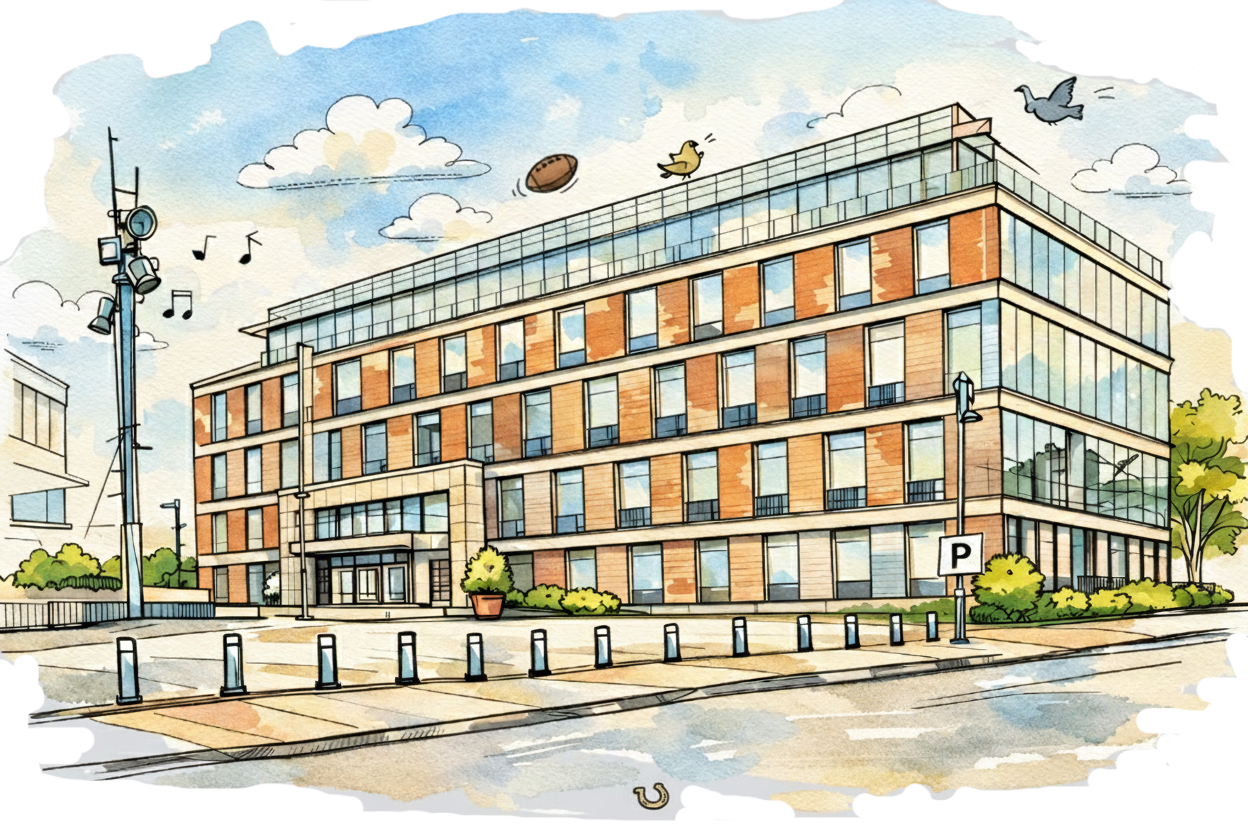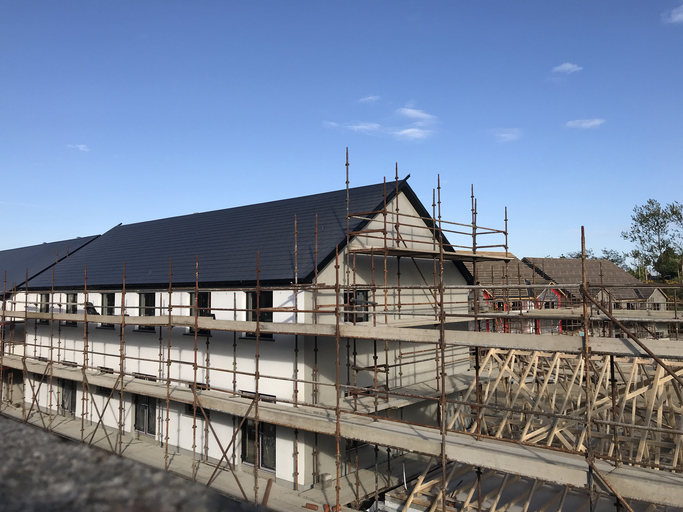Inflation still haunts U.S. voters and consumers. While it has cooled since its historic peak in 2022, it still remains raw and real for American consumers – and a source of great concern. Now, as economists debate when (and how) more price increases will trickle down as a result of tariffs, an Ipsos analysis shows that lower- and middle-income Americans are more likely to cut back on things like dining out and snacks.
It will affect millions of average Americans: Ipsos polling shows that in fact middle-income Americans were most likely to take on new debt since the start of this year, with 36% of households making between $50,000 and $100,000 a year doing so. For international brands trying to sell to Americans, this increasing price-consciousness creates a pinch point that could soon become a problem as tariffs take hold and they must decide how to absorb or pass on the costs.
At the same time, U.S. concern about poverty and inequality is relatively low as our latest What Worries the World survey shows. Even as President Donald Trump deploys the military to crack down on crime in Washington and other “blue” cities, U.S. concern about crime is also below the global average. Similarly, while concern about political corruption is second only to inflation as an issue in the U.S., it is still low compared to many other countries.
As for how Americans think about others around the world: There is support among Americans for the recognition of a Palestinian state, with 58% of Americans in favor and 33% opposed, according to a new Reuters/Ipsos poll. A majority of Americans (54%) also believe that Trump is too closely aligned with Russia in the wake of a face-to-face meeting with the country’s president, Vladimir Putin.
Author: Ben Page, Ipsos
For more information, please contact Larry Ryan: larry.ryan@ipsos.com








